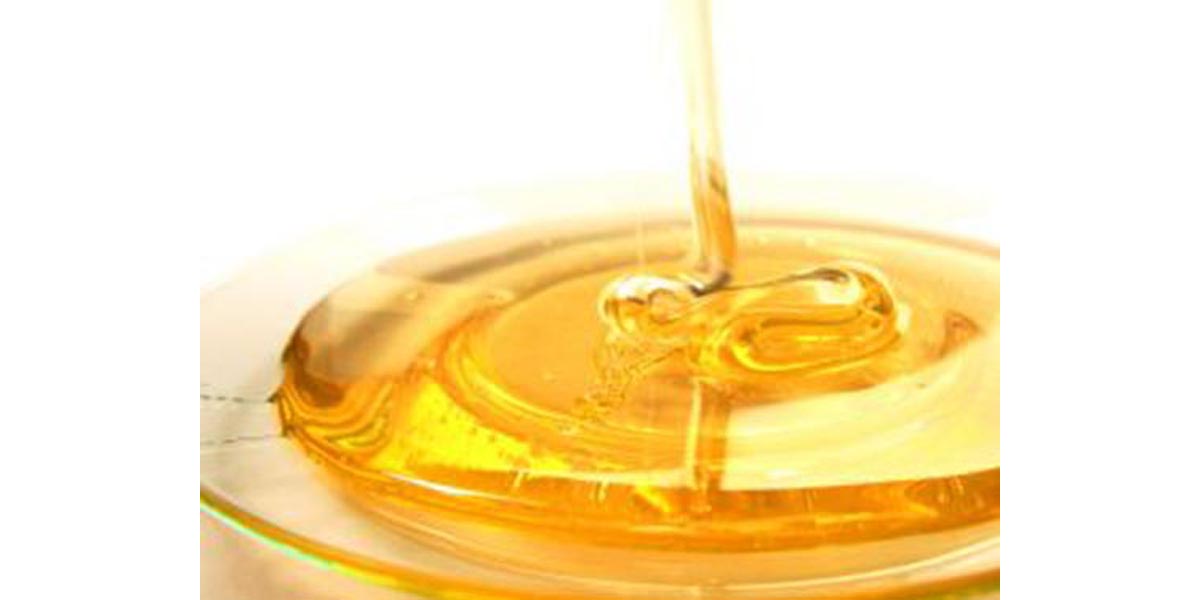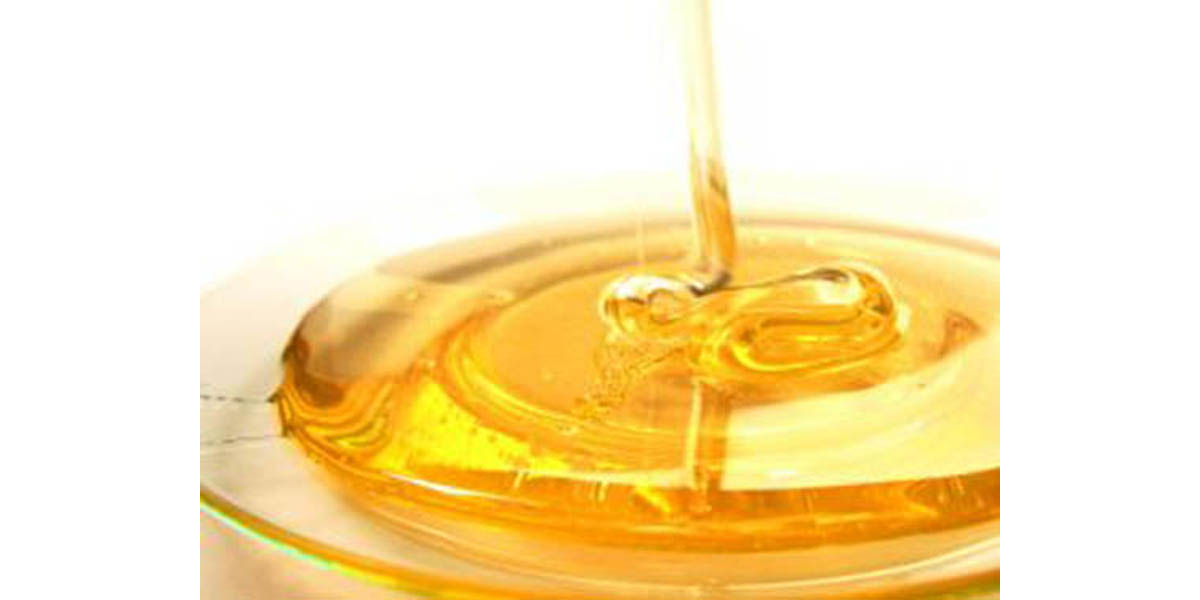Do we over indulge in sugar cravings?
Or for that matter even going to extent of not adding sugar at all to our morning tea or coffee? While our grandparents and the generation before us didn’t have such inhibitions yet still steered clear from the clutches of diabetes and other diseases associated with high glucose levels.

Has this ever struck you that though we do not over indulge in sugar cravings most of us still find that we are trapped with high blood glucose levels?
This is because that nowadays we resort to unhealthy consumption of sugar.
Unhealthy? You may ask. How can basic sugar be unhealthy? Confused right? But what we consume is not the natural sugar that our forefathers used to consume, unknowingly we are victims to the rise of processed sugars.
What are sugars?
Sugars are the simplest form of carbohydrates and are the building blocks of other complex carbohydrates. They are mainly monosaccharides or disaccharides that contain either one or two molecules.
- Glucose: is a monosaccharide that often combines to form other variations of sugars like lactose and sucrose. It is either used by our body as a direct source of energy or condensed and stored in the liver and muscle as glycogen.
- Fructose: is an isomer of glucose and is called “fruit sugar” because it is found in many fruits. Fructose is much sweeter than glucose and is hence advised for diabetics.
- Sucrose: Sucrose is a disaccharide consisting of a fructose molecule and a glucose molecule. It is also known as table sugar.
- Maltose: is two glucose molecules joined together. It is generally less sweet and is an important step in the creation of alcohol.
- Lactose: Lactose is the sugar found in milk and milk products.
- High fructose corn syrup: is mainly used as a sweetener by many food manufactures as it is cheap and sweeter than sucrose.
- Maltodextrin: Maltodextrin is a polysaccharide that is easily digested and broken down into glucose.
- Dextrose: This is the same as glucose.
- Brown Sugar: it is either slightly unrefined white sugar or white sugar that has molasses added back into it
What is processed sugar?
Processed sugar is nothing but refined form of sugar. It has been stripped off its natural properties of vitamins, proteins and minerals. In the end all that is left is nothing but carbohydrates which is also known as naked calorie
This empty sugar – as we can now call it – forces the body to release vitamins, and minerals to compensate for the lack of it in refined sugar, this drains the body of the nutrients and also takes up a lot of energy in this process.
That’s not the end of it. Also the consumption of food with refined sugar triggers the body to extract stored calcium present in teeth and bones which leads to slow decay and weakening of bones.
Excessive processed sugar intake will cause your body to store this excess sugar as glycogen in your liver and when it crosses the limit the glycogen will begin to circulate as fatty acids in the blood stream. This will result in uneven distribution of fatty acids in different parts of the body like waist and thighs and in worst cases in the heart and kidneys resulting in serious health conditions.
Even before you know it, the excess processed sugar will suppress the immune system and cause damage to the nervous system as well. All this harm just because of refined sugar.
Apart from this processed sugar offers the following adverse affects in the long run:
- It stimulates a cascade reaction during stress that triggers the release of stress hormones adrenaline and cortisol and thickens the blood.
- It disables the proper functioning of white blood cells.
- It has been shown to decrease the body’s production of leptin, which is responsible for appetite regulation.
- Hinders the proper transfer of amino acids to muscle cells.
- It induces oxidative stress and promotes fat storage in the body.
- Over time it increases body’s resistance to insulin hence triggering the onset of diabetes type 2 and related illness like cardiovascular diseases and nerve damage.
The healthy option to sugar – Natural Substitutes
a) Sucanat – it is manufactured from sugarcane just as refined sugar but the difference is that unlike refined sugar the vitamins and minerals present in the original sugar cane is kept intact. It is sweeter than refined sugar and hence is a great substitute for it.
b) Honey – is a natural sugar substitute that contains B vitamins, minerals and enzymes. It not only serves as a sweetener but also imparts a unique flavor and had healing properties.

c) Stevia – it is a natural sweetener and has 0 calories.
d) Maple syrup – it is the boiled and refined sap from maple trees and contains important minerals like manganese, iron and calcium.
e) Molasses - is a byproduct of the refined white, brown, and turbinado sugars and is an excellent substitute for brown sugar. It imparts a nice flavor.
f) Barley Malt Syrup - is made from whole barley and is composed of 65 percent maltose and 30 percent complex carbohydrate.
g) Fruit Concentrate/Sweetener – comprises of frozen juice concentrates such as grape or apple juice or blends of peach, pear and pineapple juices. Work well in most baked goods except white cakes and recipes using chocolate. They are excellent for sweetening homemade lemonade, hot breakfast cereals, and plain yogurt.
h) Agave Nectar – it is the raw nectar of the agave plant which tastes like honey and has very low glycemic index.
i) Fructose - is a natural sugar found in plants and fruits. It is low-glycemic sugar and is available in granulated form.
j) Xylitol – it is naturally occurring sugar alcohol often obtained from corn, berries or birch. It has low glycemic index and doesn't cause blood sugar imbalances.
These natural sugar substitutes are not just low in calories but also help in the proper regulation of blood glucose levels in the blood. Hence steering one away from the onset of several diseases.
So the next time you think of adding table sugar to your cereal or coffee, think twice. Go the natural way!
- 1) Harper’s Biochemistry, 1988, 21st Edition, p. 555
- 2) Sweet on Stevia: Sugar Substitute Gains Fans, Columbia Daily Tribune, 23 March 2000

